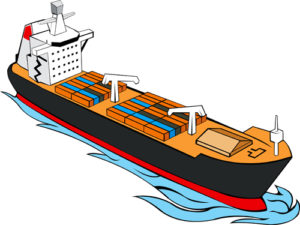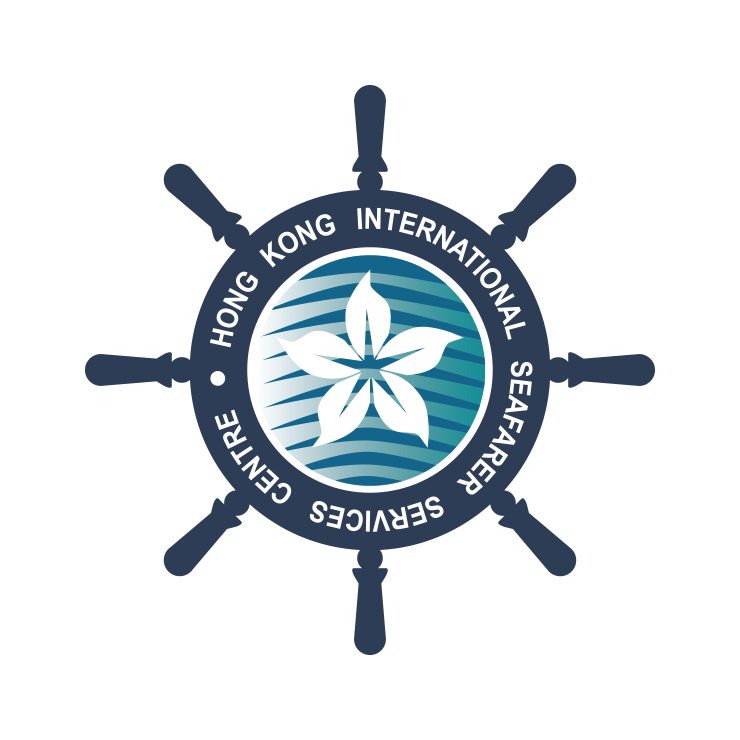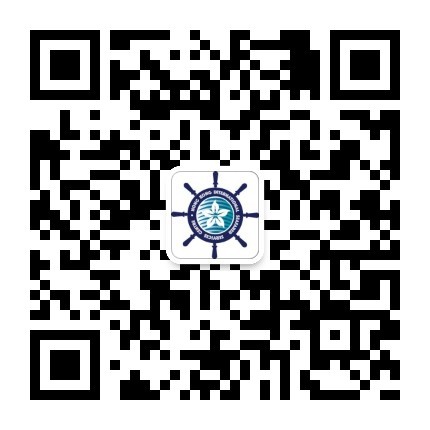自動船發展專題報告 Report on Autonomous Ship

2018年11月,香港商船高級船員協會與香港航業海員合倂工會委托上海海事大學商船學院就自主船舶對海員職業發展和航海教育培訓的影響進行了專題研究。以下是研究成果的部分内容:
據了解,第一艘完全自主船將於2020年左右投入使用。過去數年,本會與上海海事大學、香港商船高級船員協會亦一同對有關自主船對海員職業發展和航海教育培訓的影響作出了一些研究。
隨著科技的快速發展,船舶的駕駛和管理朝著智能化和自主化方向進一步發展。根據IMO的定義,自主船舶為在某程度上可以不依賴人機交互操作而獨立運行的船舶。另外,有學者認為,無人船舶同樣享有《聯合國海洋法公約》(UNCLOS公約) 所規定傳統船舶在公海或專屬經濟區享有的自由航行權以及領海中無害通過權。
自主船舶的關鍵技術包括:資訊物理系統、綜合駕駛台系統、環境資訊感知、避碰路徑規劃、航跡控制、物聯網、雲計算和大數據。自主船舶的發展勢必會對船舶的配員標準和岡位產生一定的影響。在足夠的技術支持和預警系統的情況下,某些操作可能是自動化的,但備用人員準備好接受手動控制,船員將更加依賴於電腦和自動化技術。由於幾十年來,船上船員隊伍的數量已經普遍維持在22人左右。自主船的出現對船員數量變化和影響並不明顯,但崗位對自動化、資訊化相關知識以及邏輯和批判思維能力有更大的要求。
根據報告,以最具代表性的“3000總噸及以上”和“主機功率3000千瓦級以上”一般船舶作為研究對象。同等類型的遙控船舶的最低安全配員比傳統船舶多2人。即配有船員的遙控船舶人數不減反增,雖船長可能會轉為岸基船長,輪機長轉為岸基技術人員,但同時會增加一些岸上的技術崗位。另外,無船員的遙控船舶不再依賴在船船員,代之由岸上遙控人員完成,大大減少了船舶配備船員的人數與崗位種類。
在航海教育方面,資訊技術相關知識的廣度和難度將會提高。公約和法規等方面的培訓要求將更加嚴格。定制化專項培訓會更為普遍。工程技術培訓重要性加強。加強邏輯和批判性思維訓練。領導力培訓會增加。
總括而言,此類自主船將對岸基技術支持人員提出了更高的要求。無人船需要更專業的人員在船舶運營中心工作,對船舶航行提供技術支援和決策。配有船員的遙控船舶的航海從業人員所需知識結構產生了很大的變化。
It is reported that the first fully autonomous ship will be put into operation around 2020. In the past few years, we has worked with Shanghai Maritime University and the Hong Kong Merchant Navy Officers’ Guild to conduct the research on the impacts of Marine Autonomous Surface Ship (MASS) on the seafarer’s career and MET.
Thanks to rapid improvement of technology, the navigation and management of ships is further developed towards intelligence and automation. As defined by IMO, Maritime Autonomous Surface Ship means a ship, which, to a varying degree, can operate independently without man-machine interaction. Furthermore, some researchers hold that unmanned vessel could also enjoys the same rights in the stipulation of UNCLOS Convention in public sea and exclusive economic zone of right of navigation and the right of innocent passage in territorial sea.
The key technologies for autonomous vessels include Cyber-physical Systems, Integrated Bridge System, environmental information perception, collision avoidance path planning, track control, Internet of Things, cloud computing and big data. The development of autonomous ship is certain to influence the standard and consequently effect on the seafarer’s post and number. In the case of adequate technical support and early warning systems, some operations may be automated, but the standby personnel are ready for manual control. Crews will rely more on computers and automation technology. the number of crew members on board has been generally maintained at around 22 for decades. Development of ship with process automation has no obvious impact on the number of crews and the position but the post has greater requirements for automation, information related knowledge and logical and critical thinking abilities.
According to the report, the most representative general ships of “3000 gross tonnage and above” and “main engine power 3000 kw and above” have been selected as the research object. Under the same type of ship, the minimum safety manning of remote control ship is 2 more than the traditional ship. The personnel required for ship navigation will increase instead of decrease. Although the captain may be converted to a shore-based captain and the chief engineer to a shore-based technician, some technical posts on the shore will be added. Moreover, for the remote-control ship without crew, its navigation is completed by the no onshore remote-control personnel, instead of depending on the onboard crew. Therefore the number of crew equipped in ships and the types of posts have been greatly reduced.
In maritime education and training, the breadth and difficulty of relevant information technology knowledge will increase. Training requirements in areas such as conventions and regulations will be more stringent. Customised specialised training will be more common. The importance of engineer technology training will be strengthened. Logical and critical thinking training will be strengthened. Leadership training will increase.
To conclude, such marine autonomous surface vessel will have higher requirements for shore-based technical support personnel. What unmanned vessels need are higher level and well-educated talents to work in the vessel operation center, providing technical support and decision-making for the vessel’s navigation and operation. The knowledge structure required by maritime practitioners on Remote-control vessels with crew members has changed greatly.
報告詳細内容請見以下鏈接:
https://drive.google.com/file/d/1mCwyIE-kRz-OWwf7i_NbQtCfXm1KCQKB/view
Please read more if interested:
https://drive.google.com/open?id=1YlXevvcf1ICqZrk_f804xL9YrWHnwm5q


